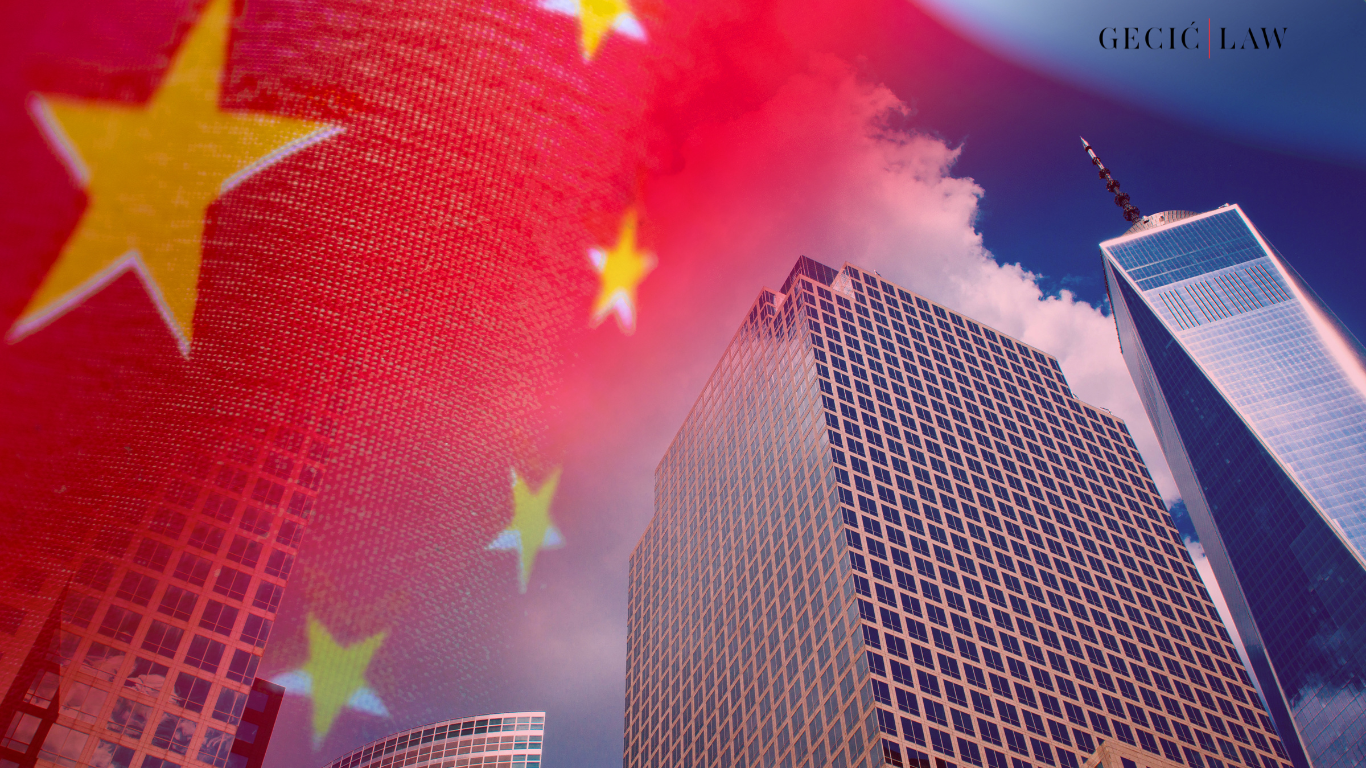

The Free Trade Agreement (FTA) between Serbia and China, signed in October 2023, came into effect on July 1. Covering over 20,000 products, the agreement grants Serbian firms preferential access to the expansive Chinese market. The deal will boost exports, stimulate investment and production capacities, and enhance overall economic activity and competitiveness in Serbia. The FTA involves reciprocal elimination of tariffs on 90% of tariff lines, with more than 60% taking immediate effect. Starting this month, exports of products such as fresh apples, blueberries, dried plums, jams, seeds, and beef from Serbia to the Chinese market can proceed without tariffs. Meanwhile, other products, including frozen raspberries, other types of meat, and dairy products will become customs-free in 10 years. The FTA aims for full liberalization within 15 years.
China was Serbia’s second most valuable foreign trade partner in 2023. Exports to China exceeded 1.1 billion euros, with copper ores and concentrates (68.1%) and copper (24.3%) being the predominant categories. Imports from China totaled 4.5 billion euros in 2023, dominated by telecommunications equipment, production machinery, and devices. Although Serbia has a considerable trade deficit with China, this FTA aims to double the current export value to China.
It should be noted that with the increasing Chinese investment in Serbia in recent years, the top three exporters from Serbia in 2023 were Chinese-owned companies: Zijin Mining, with exports worth 1.15 billion euros; Zijin Bor Copper, with 746.3 million euros; and HBIS Group, with 549.1 million euros.
Serbia’s unique position within the region, which includes preferential trade ties with other countries and regions such as the EU, UK, and Russia, further underscores the significance of this treaty. With the agreement, Serbia will achieve customs-free access to markets encompassing nearly 2.7 billion consumers.
This FTA significantly benefits key sectors in Serbia, including agriculture, ag-tech, renewable energy, healthcare, tourism, and more. Moreover, the agreement could favor Serbia’s ambitious development plans in other sectors, including lithium production and efforts to integrate the electric vehicle supply chain within the country.